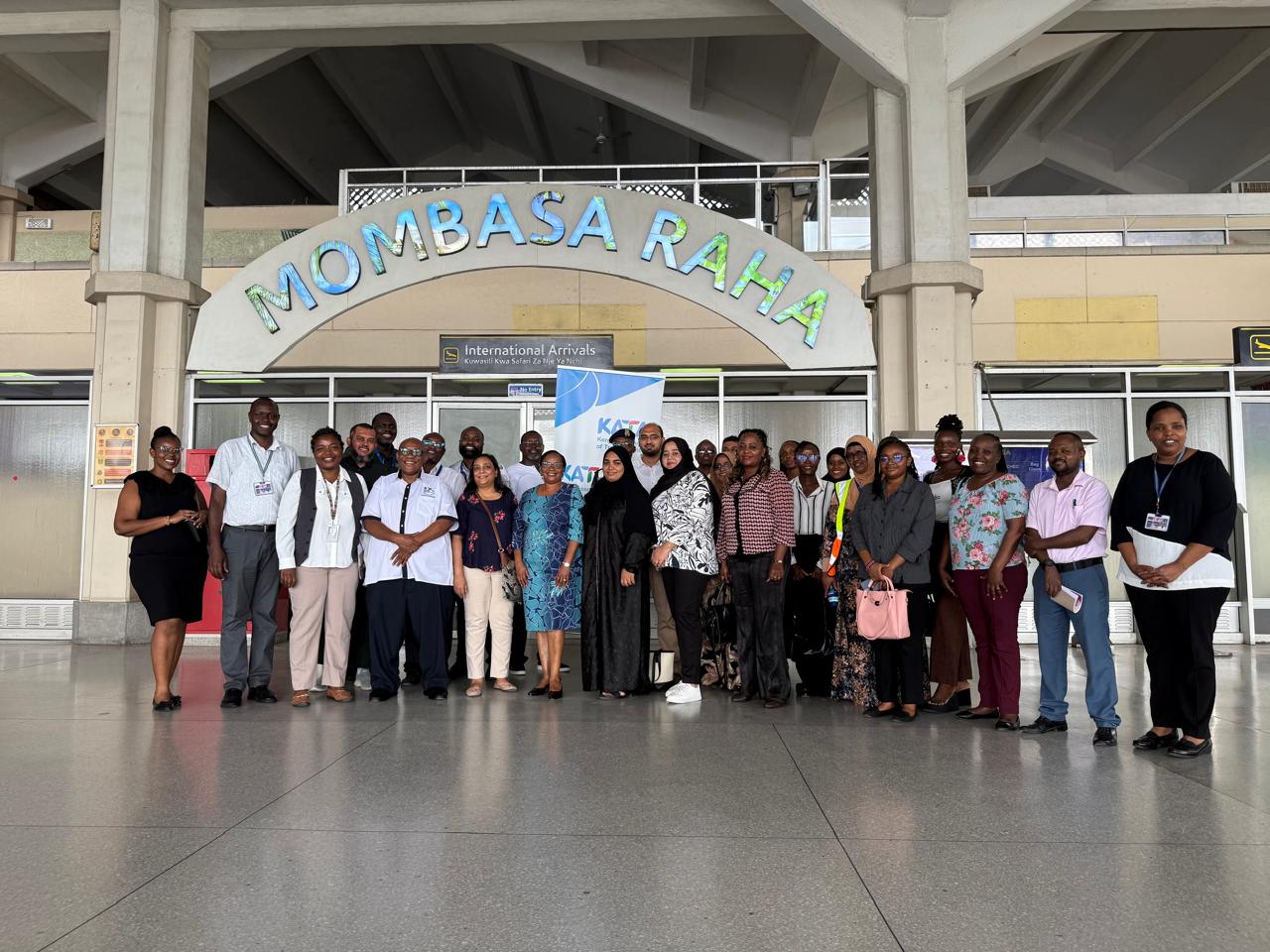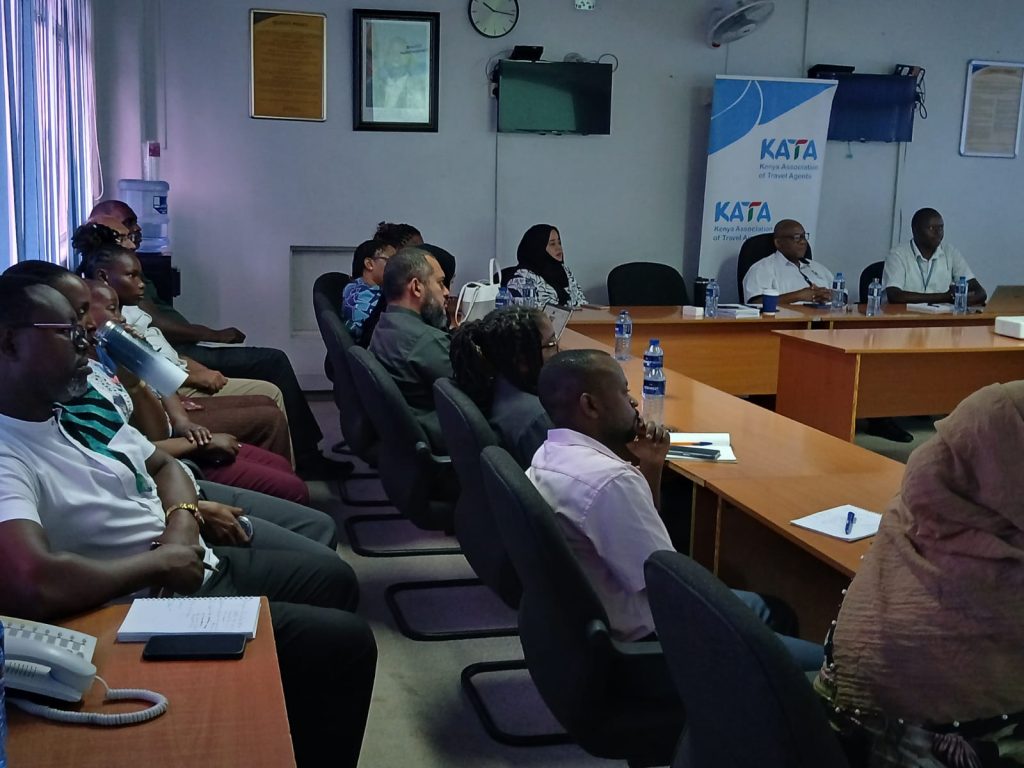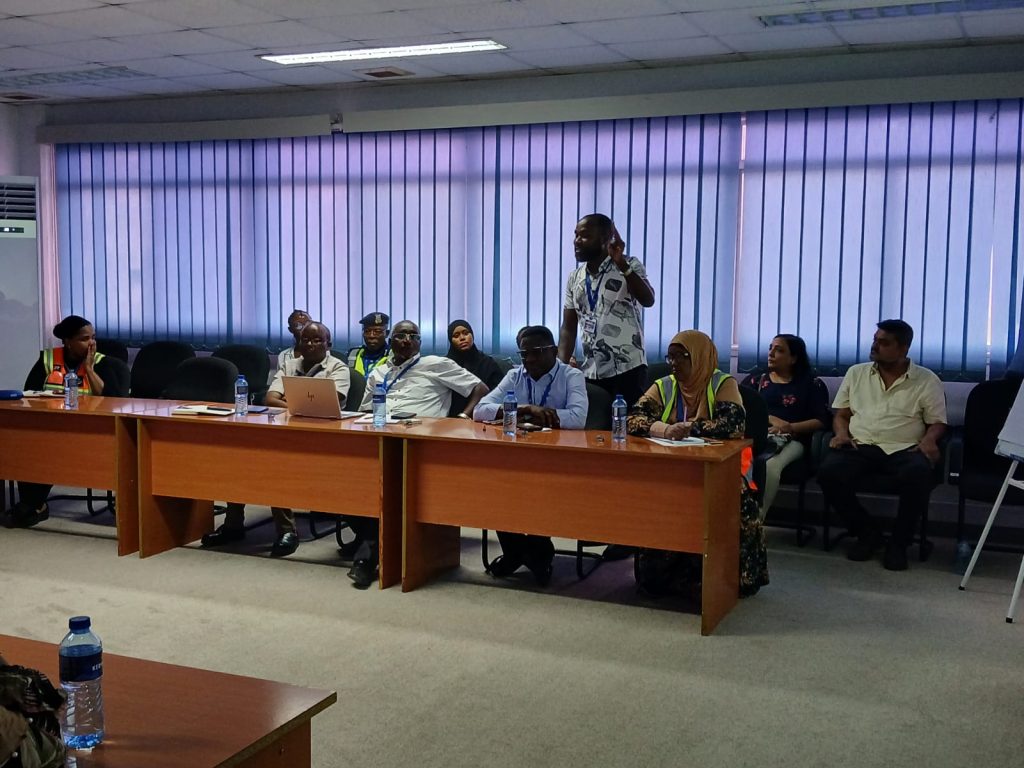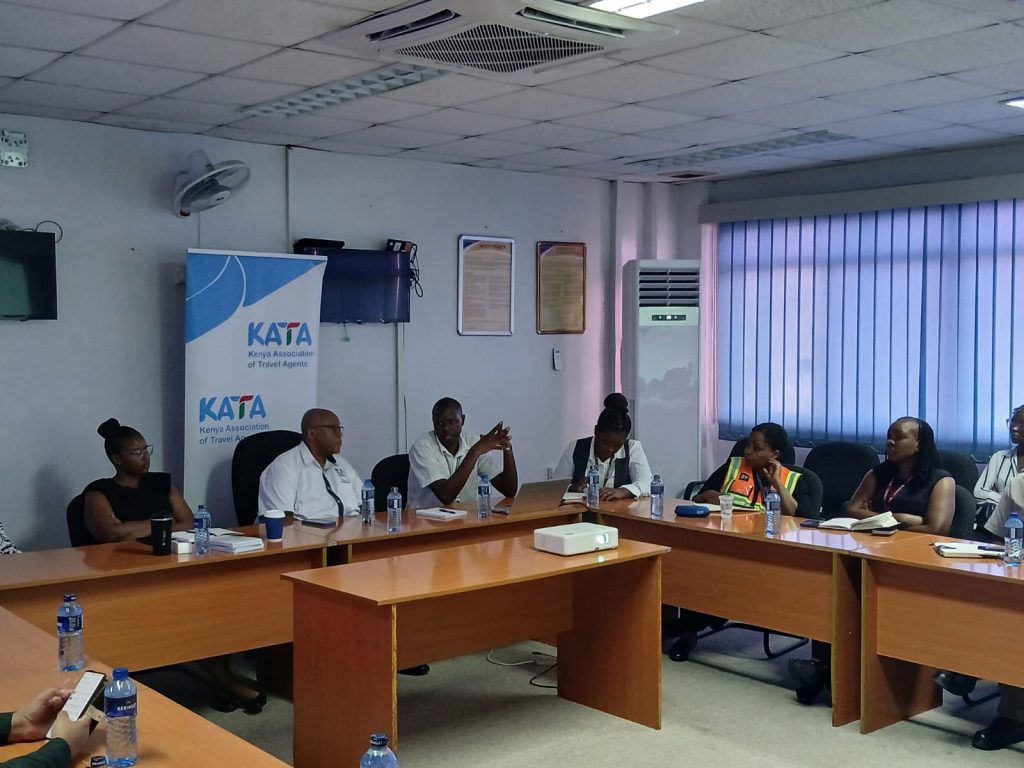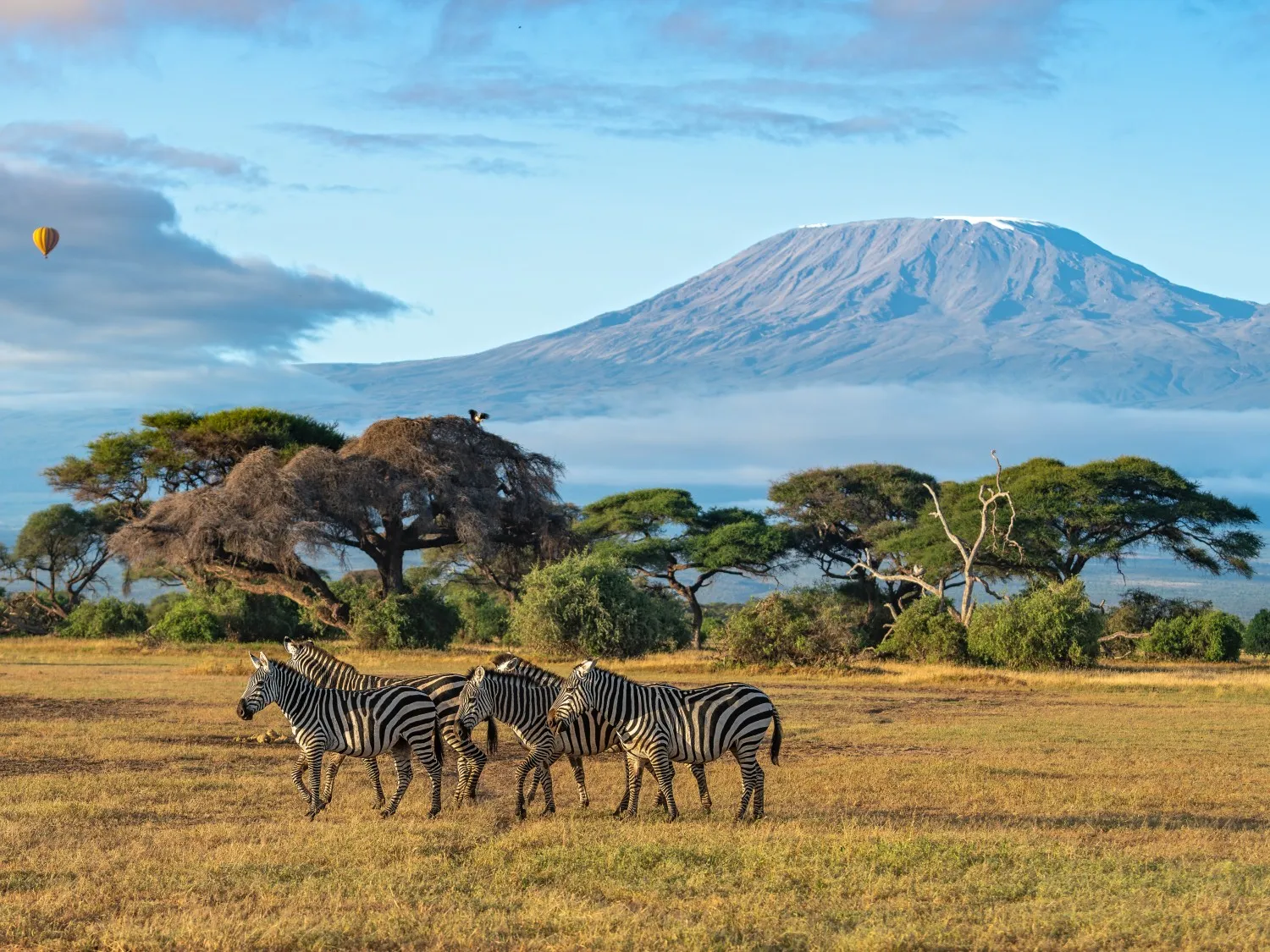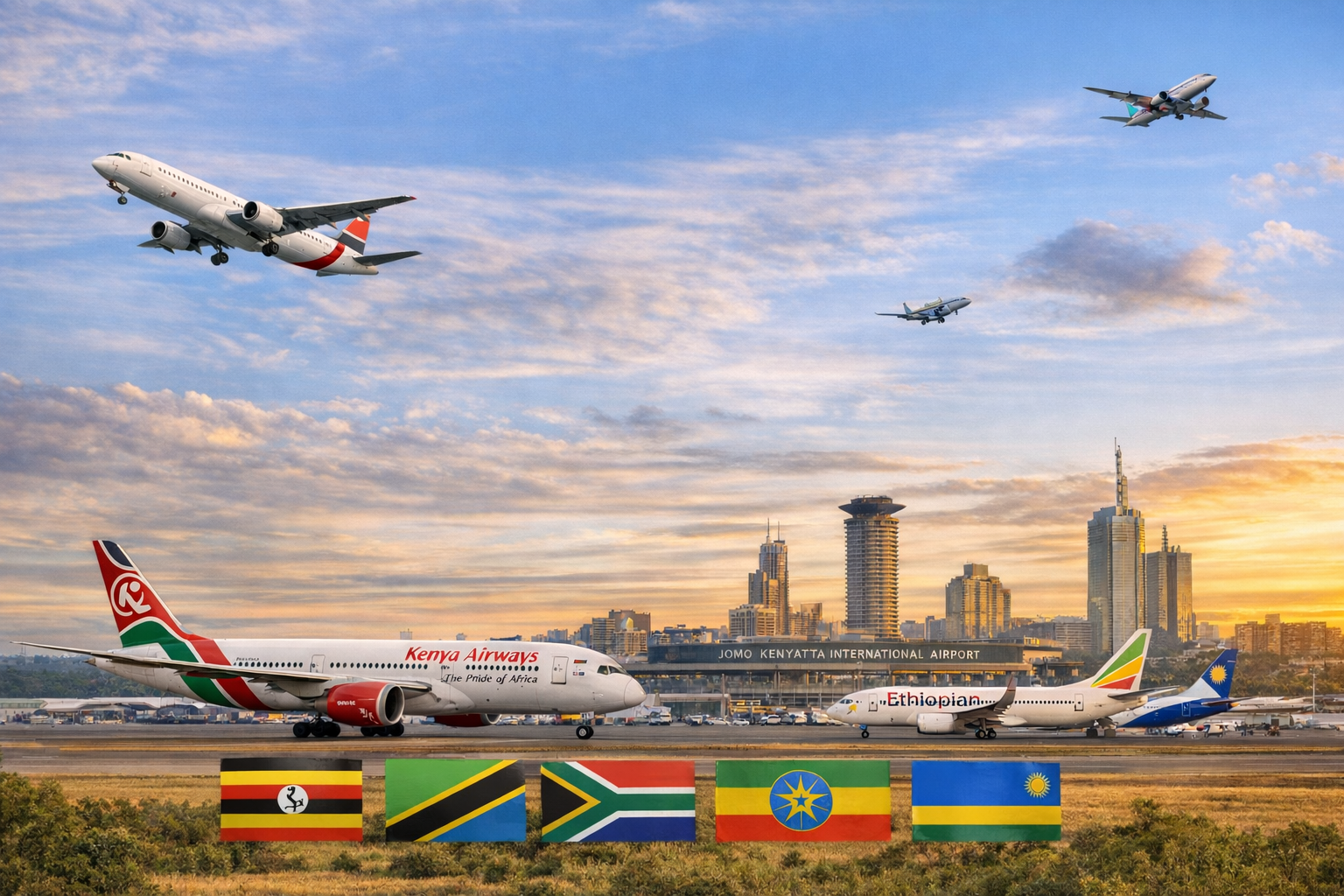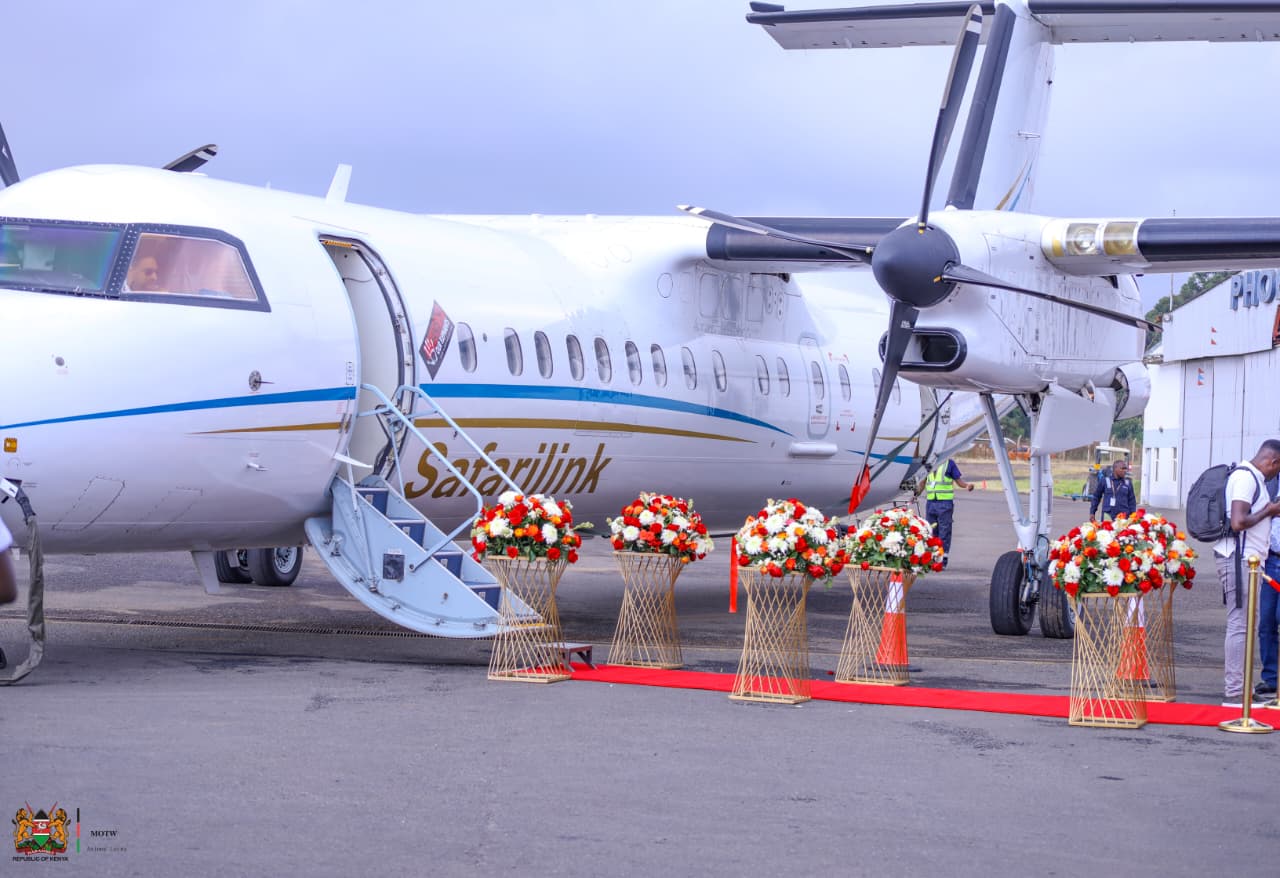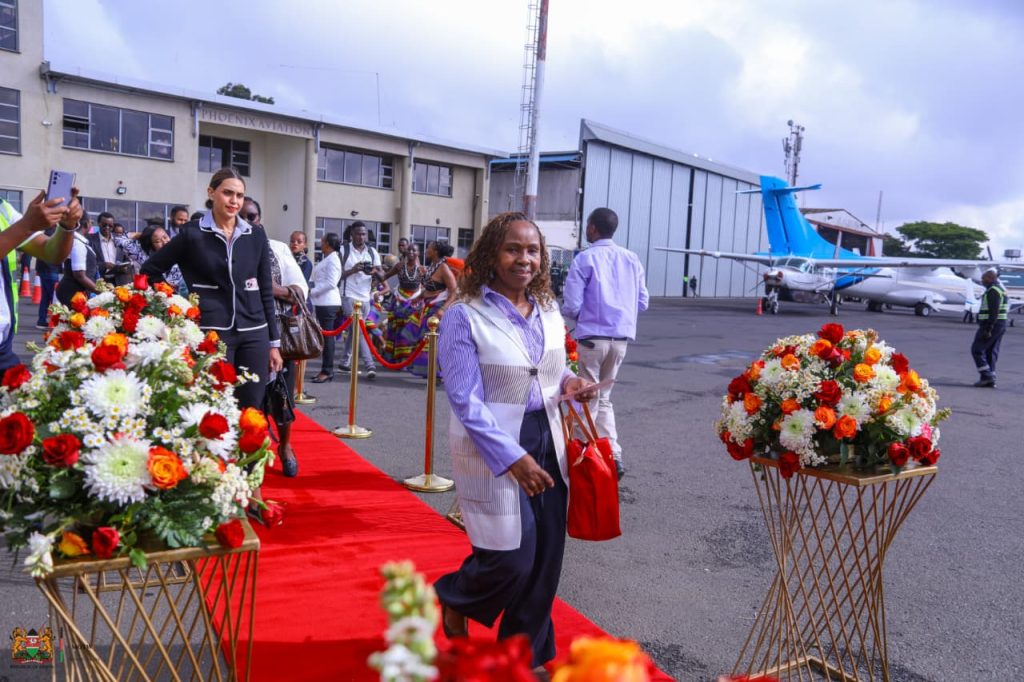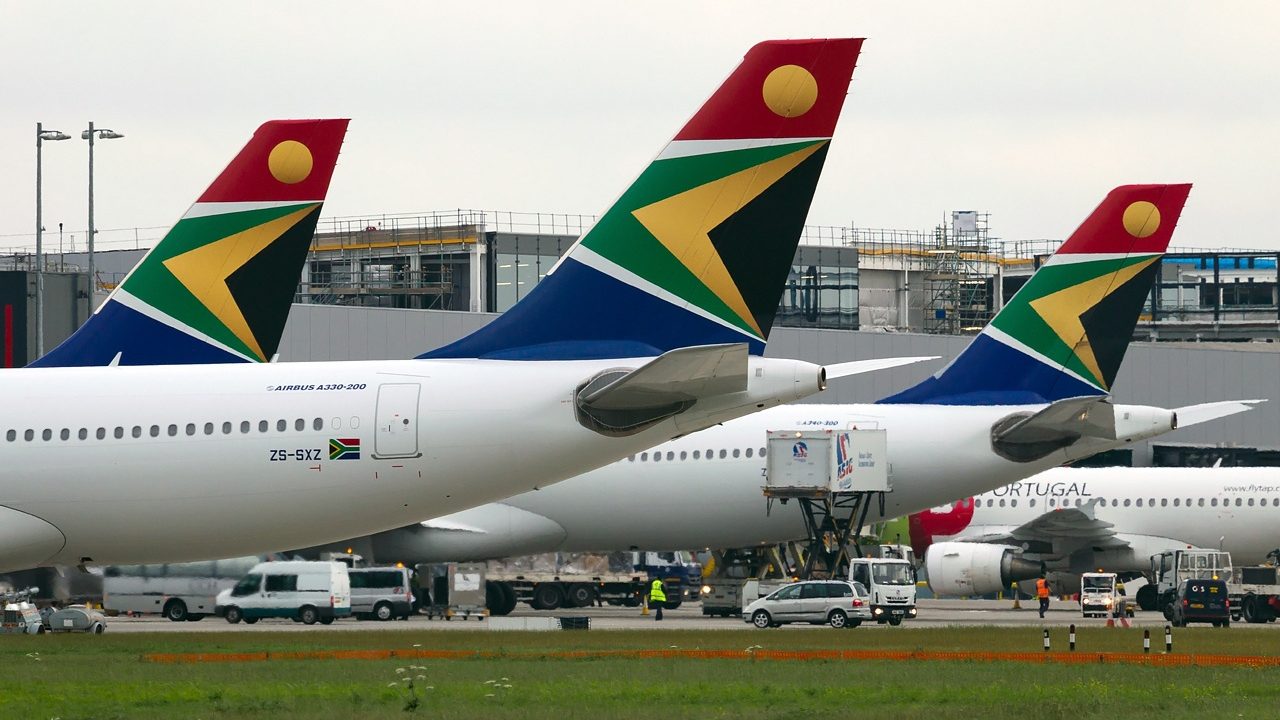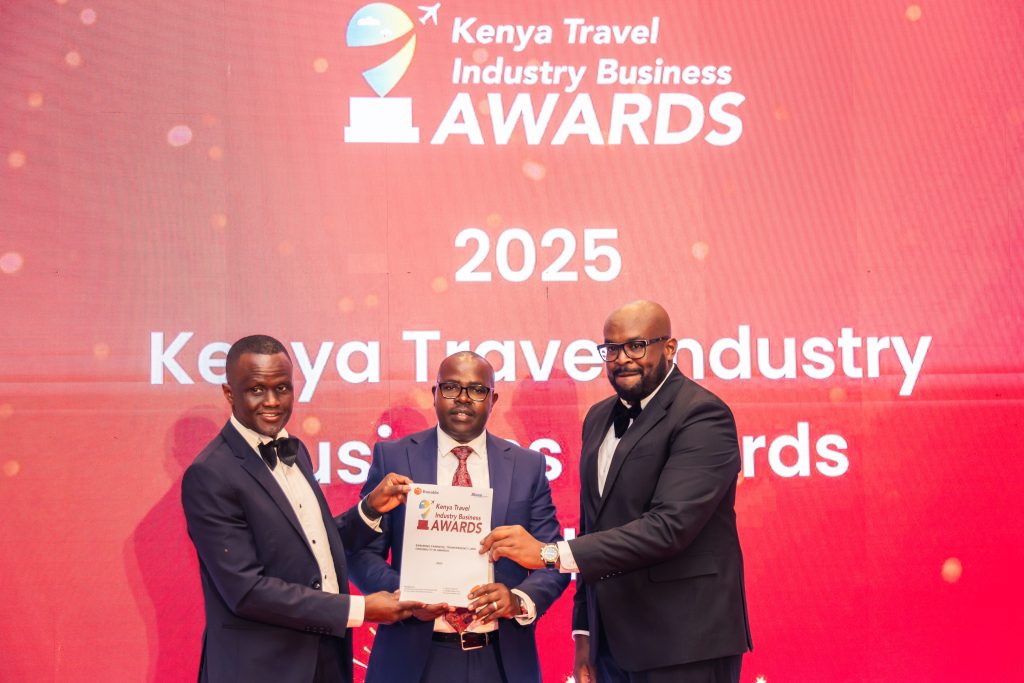The global aviation industry is undergoing a quiet but profound transformation, driven by advances in security screening technology that promise to redefine how passengers experience airports. One of the clearest illustrations of this shift can be seen at London’s Heathrow Airport, which has recently completed a full rollout of next-generation computed tomography (CT) security scanners across all its terminals.
While Heathrow’s move is significant in its own right, its broader importance lies in what it represents for the future of aviation worldwide — a future where security, efficiency, and passenger convenience no longer exist in tension, but instead reinforce one another.
For decades, airport security procedures have been shaped by risk mitigation rather than passenger experience. The requirement for travelers to remove laptops from hand luggage and limit liquids to small containers became a universal feature of flying after 2006, setting expectations that inconvenience was simply part of staying safe. Today, advanced CT scanning technology is challenging that assumption.
A New Era of Security Screening
Unlike traditional two-dimensional X-ray machines, CT scanners generate high-resolution, three-dimensional images of carry-on luggage. This allows security officers to rotate and analyze items in detail without requiring passengers to unpack electronics or liquids. As a result, travelers can now pass through security checkpoints with laptops, tablets, and liquid containers — even larger volumes — remaining inside their bags.
The implications are immediate and tangible. Security lines move faster, congestion is reduced, and passengers face fewer points of confusion and stress. For airport operators, the technology delivers greater accuracy in threat detection while simultaneously improving throughput at checkpoints — a rare alignment of safety and efficiency.
What This Means for Aviation Operations
For the aviation sector, the adoption of next-generation screening technology marks a strategic operational shift. Airports are complex ecosystems where delays in one area cascade across the entire system. Security checkpoints are among the most critical pressure points, especially during peak travel seasons.
More efficient screening means smoother passenger flow, fewer missed flights, and improved punctuality. Airlines benefit indirectly through better on-time performance and reduced strain on ground operations. Over time, these efficiencies translate into stronger airport reputations, higher passenger satisfaction, and increased competitiveness as travelers increasingly choose routes and hubs based on ease of transit, not just price or frequency.
Importantly, the technology also future-proofs airport infrastructure. As passenger volumes continue to rise globally, airports that invest early in scalable, intelligent security systems will be better positioned to absorb growth without compromising safety or service quality.
The Travel Agent Perspective
For travel agents, developments like these reshape both the client experience and the advisory role they play. Security procedures are among the most common sources of traveler anxiety, particularly for first-time flyers, families, and elderly passengers. Simplified screening processes reduce friction and uncertainty, making air travel more accessible and appealing.
Travel agents can incorporate these improvements into destination marketing, itinerary planning, and client briefings. An airport that offers faster, less intrusive security screening becomes a stronger selling point, especially for premium travelers and time-sensitive clients. In an increasingly experience-driven travel market, such details matter.
Moreover, smoother airport processes enhance overall journey satisfaction, which reflects positively on everyone involved in the travel chain — including agents who curate and manage those journeys.
Wider Implications for Stakeholders
Beyond airlines and travel agents, next-generation security technology affects a wide range of stakeholders. Airport authorities gain better visibility and control over operations. Security agencies benefit from enhanced detection capabilities. Retail and concession operators see increased foot traffic as passengers spend less time queuing and more time engaging with airport services.
There are also environmental considerations. Reduced reliance on single-use plastic bags for liquids, fewer trays, and less congestion contribute to more sustainable airport operations — an increasingly important priority for regulators and travelers alike.
A Signal for the Future
Heathrow’s adoption of CT scanners is not merely a technological upgrade; it is a signal of where global aviation is headed. It demonstrates that airports no longer have to choose between security and convenience, and that investment in smart infrastructure can deliver benefits across the entire travel ecosystem.
For countries and regions looking to strengthen their aviation and tourism sectors, the lesson is clear. As passenger expectations evolve, airports that embrace innovation will set new standards for efficiency, safety, and service delivery. Advanced screening technology represents not just improved security, but a reimagining of how air travel can and should feel.
As the global travel industry continues to recover and grow, such innovations point toward a future where airports are no longer bottlenecks, but seamless gateways — supporting tourism, trade, and connectivity in equal measure.


